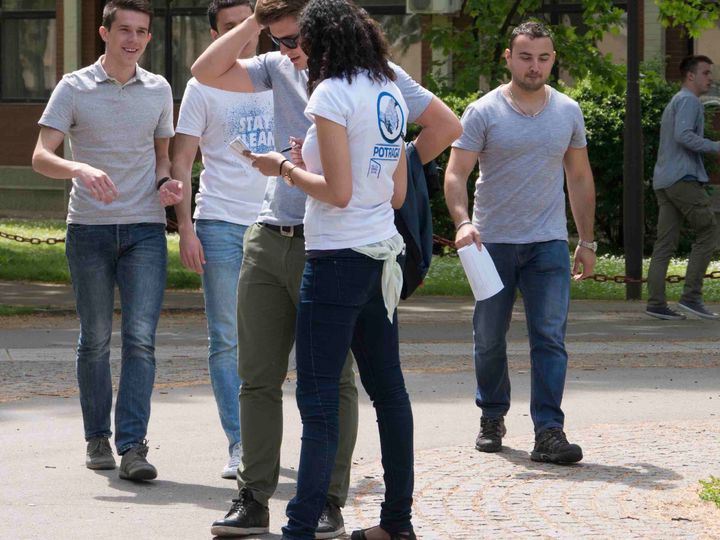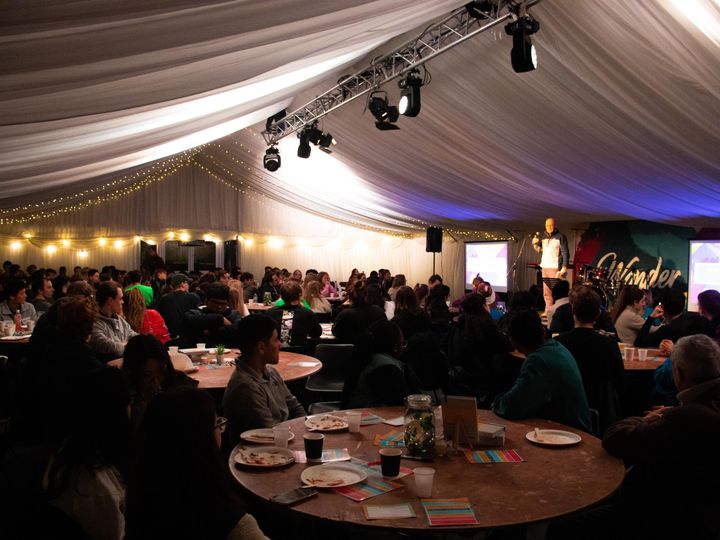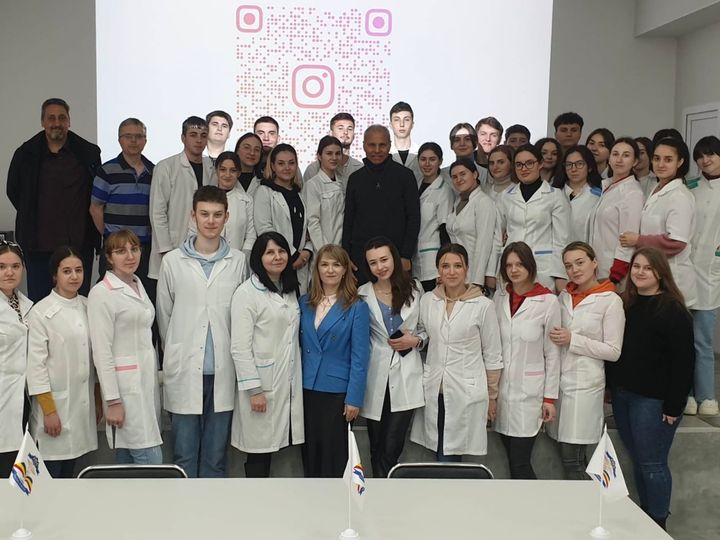
It is important to take time to consider the context of your particular university as you start to plan your Events Week. Each university is different and this will affect what you choose to do, and how you do it.
There are three big questions to consider:
Who is at your university?
- What is the mix of domestic / international students?
- Do students generally study full-time or part-time?
- What experience of Christianity / other religions will students likely have?
Where is your university?
- Does it have a clearly-defined campus, or is it spread across a wide area?
- Where do the students generally live? On campus?… or in town?… or both?
- Where are the focal points / busy footfall areas?
- What are some of the familiar landmarks?
- Do students commute from elsewhere?
What is happening at your university?
- What are the most popular courses? Arts? Humanities? Sciences?
- How does teaching happen? Lectures / seminars, etc.
- What sort of person does your university encourage people to become? Is yours an elite university preparing people to change the world? A vocational university aimed at preparing people for a specific career?
- Are there many other societies / extra-curricular activities? Are there many sports teams?
- Are there particular times in the academic year which bring specific possible opportunities (or challenges) for evangelistic activities?
- Does your university allow the CU to operate on campus and to book rooms for events, etc?
Your own answers to these questions will affect many of the decisions you make:
- Where will you hold your events?
- Which speaker(s) will you invite?
- Which theme / talk titles will you pick?
- What will be the format of the events? — straight talk / discussion times, etc.
- What time of year will you run your Events Week?
In Warwick, England, students live in three clearly defined but geographically separate locations. This means that once people had gone home from campus… it was very difficult to find a suitable location for the evening events. However, by hosting their events in a marquee on campus, starting the event straight after lectures, and offering a cooked meal, they found many students came to the event before going home.

In Chisinau, Moldova, the CU realised that they had a huge number of international students, from India, studying medicine. This led them to invite a Christian speaker from an Indian, Hindu background, who was also a surgeon.

One CU did a survey to discover the five favourite films at the university. They did a series of events based on these films. Not only did the talk connect to the film, but so did the food and decor. So for the film, ‘Toy Story’, the talk was about true friendship and the theme was a children’s birthday party, complete with party food! It fitted well with the culture of the uni.
Another CU reflected on the fact that international students formed nearly half of the student body of their university. In view of this, they decided not to do a separate track for international students, but to deliberately invite a speaker who could connect well with both local and international students.